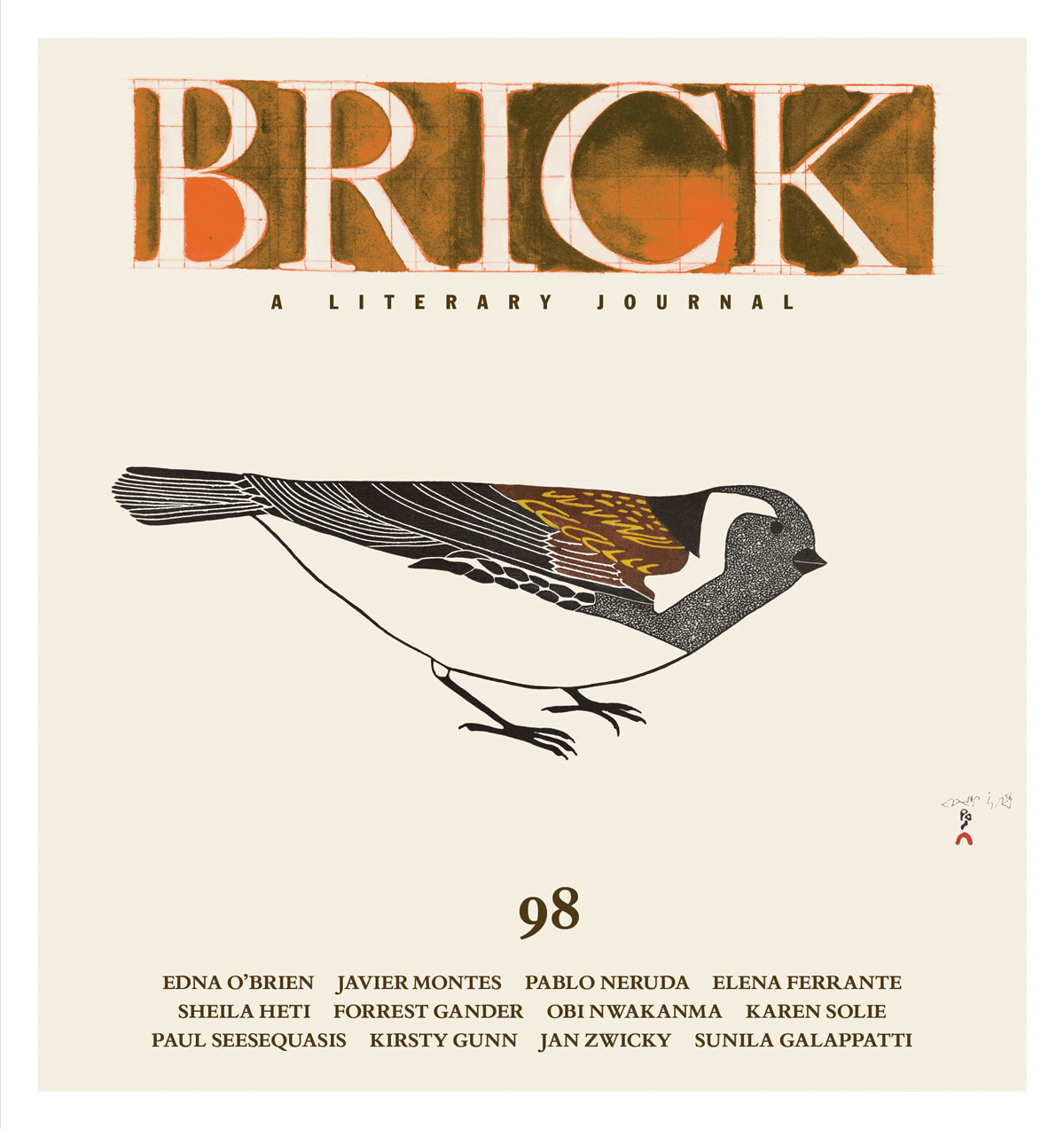We was all as glad as we could be, but Tom was the gladdest of all, because he had a bullet in the calf of his leg.
— Mark Twain
Everyone I know hates the last fifty pages of Huck Finn. Tom Sawyer takes over, orchestrates a ridiculous contraption of a plan to “liberate” Jim, and Huck—who had just emerged as a fully human, moral being—takes a back seat while the novel, as Ernest Hemingway wrote, “devolves into little more than minstrel-show satire and broad comedy.” When the painful scheme finally achieves its unlikely culmination, Tom manages to get himself wounded while climbing a fence.
I sympathize with Mark Twain’s inability to find a better way. How do you provide a storybook ending to a novel that rejects the oversimplifications of storybooks? Part of Twain’s complaint in Huck Finn is about how antiquated, romantic notions of chivalry, honour, and heroism had propelled the South to rebellion and led brave young men to their deaths fighting a mechanized war with medieval gallantry and tactics. But the immoral world that Twain so fully evoked in the rest of the novel doesn’t match with the absurdist farce that completes it. So for me the really daring ending to the novel would be to allow Tom’s fantastical notions of how a “proper escape” is to be orchestrated to culminate with him paying the ultimate price for his foolishness—just as thousands of his peers would do twenty years later.
The sad corollary to this ending would have to be the return of Jim to slavery. In the novel, Jim emerges from hiding in order to save Tom, and the locals debate hanging him for trying to escape before deciding it wouldn’t be “right” to do harm to someone else’s slave. Finally, Tom reveals that Jim’s owner, Miss Watson, has died, but that before she did, she so regretted considering selling Jim “down the river” that she freed him instead. Her change of heart is no more realistic than Tom’s notions of “principle.” The more likely, though frustrating, ending is that, after all his efforts and adventures, his kindness, his mentoring, and despite the fact that Huck has finally recognized him as “white inside,” Jim would indeed be sold, and that he would disappear completely—from Huck’s life, from the novel, from history—into the oblivion of slavery.
These two results would leave Huck himself with real reasons to want to give up on the world whose hypocrisy he now more fully understands. In Twain’s ending, Huck wants to “light out for the Territory” because Aunt Sally wants to “adopt me and sivilize me and I can’t stand it.” But if the novel ends with Huck still having Tom around to concoct harmless adventures with, and Jim to provide a moral centre and familial protection, why would he really want to run away? With neither, Huck’s desire to leave it all behind and start anew is not only understandable, it’s the only honourable way to respond. My ending is more appropriate to the anti-ideological modernism of the twentieth century, one that Twain’s readers would undoubtedly have rejected, but I like to believe that Twain deliberately left the scaffolding of it standing among the pinwheels and popguns that close the version we hold in our hands.
Adam Sol has published four collections of poetry, including Complicity (McClelland & Stewart, 2014) and Jeremiah, Ohio (Anansi, 2008). He has also published fiction, scholarly essays, and reviews for a variety of publications. Most recently he started a blog called How a Poem Moves.
